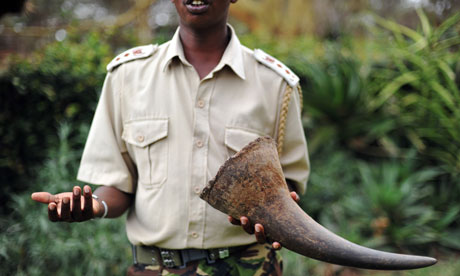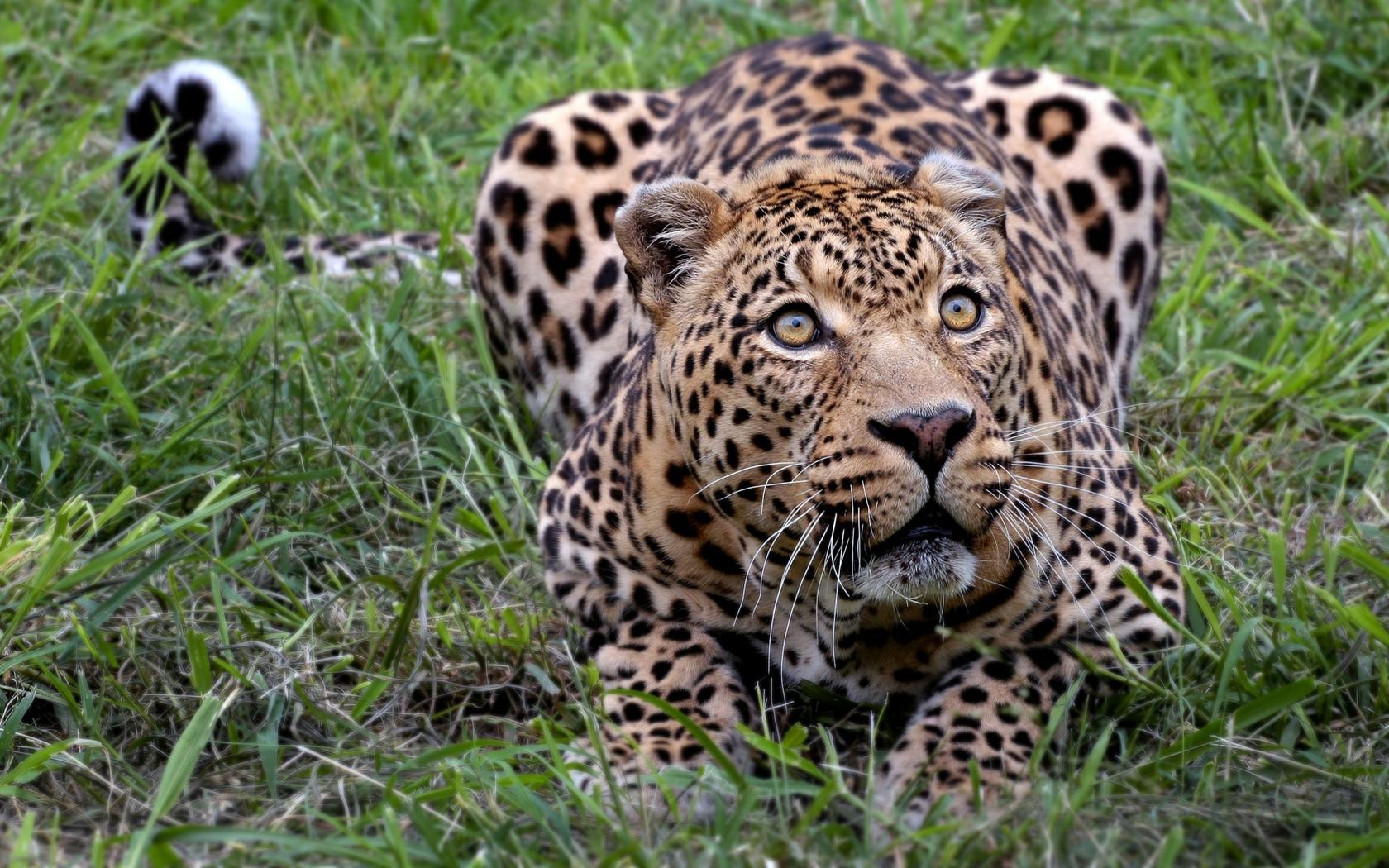Environmentalism Chapter 24 - Understanding Poaching Part III
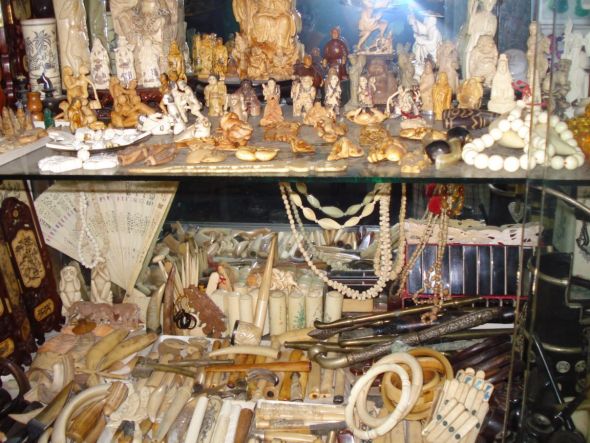
The demand for Elephant ivory, Rhinoceros horn, critically endangered Siberian Amur or Leopard skins, Tiger bone wine, to just over 300 hundred other animal parts is increasingly growing out of control with very little policing on the ground and the “internet” within Asia and outside from CITES registered nations.
Poaching and demand is so out of control it needs to be addressed immediately or were going to view in the next ten years many of our large and very well-known mammals and non-mammalians wiped of the face of the earth for greed that will then start another poaching endemic off with non-endangered species.
In parts one and two of “Understating Poaching” of which this is part three of five we look further into the field of demand and deceit with regards to the new marketer/peddler that is mainly anonymous, unseen and practically beyond traceable unless you know what you’re looking for or working within conservation crime investigations to sourcing these criminals then closing them down which is by far a lot easier said than done considering you need everyone to work together to make the seizure and then the arrest of all involved down to the poachers right through to the kingpins themselves.
The World Wide Web more commonly referred to as the (internet) which dates as far back as 1800 and born in the United States is now being used a peddling tool to sell and trade in literally anything with most companies being completely legit selling and distributing legal everyday items from groceries to clothing, automobiles to even ships and aeroplanes, however it has a much murkier side.
Back in the in the 1960’s when the internet first really evolved the term “packet switching” was used which basically refers to digital networking communications method’s that groups all transmitted data, regardless of content, type, or structure into suitably sized blocks, called packets.
This type of data grouping was used by the United States Army and NASA with very little evidence if any of the public able to access the internet within this ere and even if they could computers and not “personal computers” or PC’s as they are referred to now would have been colossal in size, using more energy than 1000 computers combined racking up thousands of dollars in electricity usage.
Although the first concept of the computer dates back to the 1800’s when “punch cards” where used of which Joseph Marie Jacquard developed a form of (textile computer) to help him in the textile business which allowed his loom to weave intricate patterns automatically the formal basics of computer technology didn’t really take off until 1837, it was seen as the fusion of automatic calculation with programmability that produced the first recognizable computers to date.
Then in 1880 Herman Hollerith invented the recording of data on a machine-readable medium that then started the process of the computer technology to evolve still though being vast in size and relatively scattered over large areas. The key punch machine was then invented soon after from the concept of the idea going back to the punch card era, so in reality one could say that the computer and now personal computer down to smart phones and more was actually invented with regards to Joseph Marie Jacquard thought of easing the work load in the textile business. Little did one know though the black side to the internet and illegal activity was to take off on the “computer” that then linked up to the internet.
1940-1945 then saw the computer take of which was used primarily in the 1940-1945 world wars to communicate via various means from Morse code to again the “punch machine” methods, of which the computer still unknown to the public and the “internet” started to come together in the 1960’s again used by the United States Military within aerospace and aviation technology and design to communicate and send and retrieve large reams of data encrypted and non-encrypted.
In 1941 Konrad Zuse then devolved the Z3 better known as the Zuse Z3 that then started the internet and computer to computer race of which has seen some amazing ideas created along with software but most importantly of all bringing people together from thousands of miles away at the flick of a few switches although the Z3 (Zuse Z3 still had a long way to come) to make it into the computer revolution. The black trade was looming.
Then in 1998 at a cost of $6500 the first web server evolved named “NeXT Computer” used by Berners-Lee at CERN, with mouse, keyboard and earth net the computer and the internet then “combined” bringing not just people together but regrettably crime.
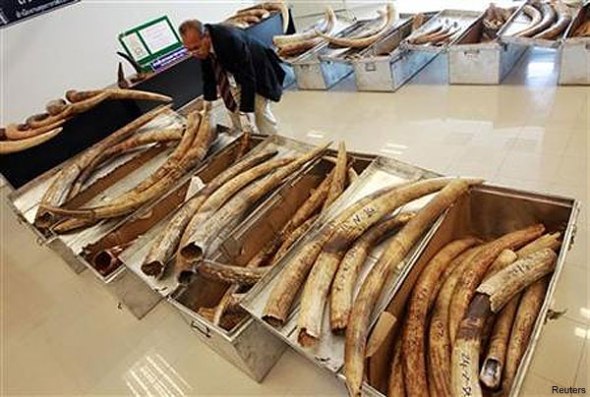
Being fairly still expensive to purchase the modern day Personal Computer (PC) can range now from $500 to $19,000 depending on size, screen, data storage, and masses of software.
The wildlife trade, tropical pet trade, to arms and narcotics are routinely hit on “the ground” in an international spectrum and with illegal peddlers and syndicates to narcotic barons being the prime targets of policing authorities and “trade being the money maker” to finance wars, civil disobedience and illicit trade then the internet was seen as a new weapon to evade arrest and detection “to a certain level”.
The internet is seen not just seen any more as a fancy commodity but as an anonymous marketing tool to the criminal and a type of (surveillance) weapon of which criminals can watch us, and the policing agencies knowing what to expect where to expect it, to then planning two steps ahead using an array of code words, encryption, pseudonym’s and software to hide their computers personal address or (IP) - Internet Protocol address.
Law enforcement are able to pinpoint address (IP) details where the computer was purchased, to what (ISP) – Internet Service Provider one’s using to sourcing locations to around 20 to 50 miles from the Internet Protocol address. Web proxies, IP proxies, and Clouds are mostly used by criminal gangs of which when you search for them upon locating illegal trade or pedophiles their IP proxies will always be on thus making searching for these anonymous gangs almost impossible, (However there not as smart as some people out there, and there is always someone watching them and how they operate using sophisticated high grade software and technology). Or you just have the simply dumb criminals that wish to make a quick buck believing that no one is actually watching.
New laws and censorship rules from 2011 to 2012 have been enforced to help tackle illegal wildlife trade on the internet to narcotics to basic petty crime however it’s not working and believe it or not in under 2.1 minutes we can locate an array of illegally operated sites using web proxies to clouds that are operating in nations that are immune from the law enforcement being that mainly “non-European” registered nations where censorship is not a problem, and crime can be pushed from “Vietnam for instance” but using another nation such as Iceland as a “bi proxy” so if criminals are eventually located in (person) whether or not their computers are seized their criminally active domains are untouchable and will continue to run making the internet the all round new tool in illegal trade.
How bad is the illegal wildlife trade on the internet?
The trade is copious with “some” items easily located and others that need more intensive tactics to source. The problems are not just in Asia too. Canada, America, Russia to most of the Balkans, and Great Britain are more involved than one thinks. Crime on the internet involving illegal animal parts is massive and until the policing agencies, wildlife monitoring groups and all 176+ nations that have signed The Convention on International Trade in Endangered Species of Wild Fauna and Flora mandate start to work proactively together then the internet is constantly going to be exploited with criminals buying and selling Rhinoceros horn, Elephant Ivory, fur coats from critically endangered species in the pet trade to illegally produced rugs, medicines and potions from Traditional Chinese Medicine (TCM) to Traditional Indian Medicine (TIM) with some three hundred animal parts for sale.
Please note that all of these individuals that been reported to the International Authorities, Rhinoceros horn that has been located has only just come into the nation with most of it cut into 10kg bags then sold on. This serious breech of animal parts trade is highly illegal and is not being policed correctly.
What items are mostly viewed?
- Vietnam, Ho Chi Minh City – Ivory http://www.vatgia.com/raovat/2951/5807629/ban-trang-suc-bang-nga-voi-that-100.html (banned under law)
- Vietnam, Classified add’s - LH: Vo Dang Khoa, Ho Chi Minh City, Tel. 0906991319 - http://muaban.net/hang-hiem-ho-chi-minh-l59-c730111/ban-sung-te-giac-va-cao-ho-cot-id10994923 (Please view the following that you may find upsetting, if you have Google translate or Chrome I do believe that it will translate automatically for you) These are all Rhinoceros horn sellers that have since with the help of Operation Trojan Horse our Asian Conservation Crimes Surveillance unit has now reported to INTERPOL - http://muaban.net/ho-chi-minh/raovat/tim-kiem.html?q=t%C3%AA+gi%C3%A1c+s%E1%BB%ABng&cat=&min=-1&max=-1&all=0&city=0&page=2
- Province Bangkok – Selling Tiger Bone Wine http://www.rumruay.com/id-50d03f9f0b8564d257000024.html
- Vietnam - Hanoi, Bear Bile http://muaban.net/ha-noi/raovat/tim-kiem.html?q=m%E1%BA%ADt%20g%E1%BA%A5u&cat=&min=&max=&all=0
These are merely 4 of the most common items being sold illegally from Elephant ivory, vast quantities of Rhinoceros horn and Tiger Bone Wine all illegal animal parts, all slaughtered within Africa and Asia and all on classified advertisement sites within Vietnam, Bangkok, and China.
These items where simply discovered going through reams of code words and, encrypted sites that illegal street or shop traders have set up then allowed the sales to market, one such site is even linked to Facebook of which Tiger Bone Wine and the Facebook page in Thai is freely advertised (even though tiger part sales are illegal). https://www.facebook.com/pages/Rumruay/518908294808697 set up on the 20 January 2013.
A report due to be published in 2012 concluded that a growing proportion of wildlife crime is using “deep web” tools more commonly associated with serious financial criminals, drug traffickers and child pornographers.
“The internet has without a doubt facilitated the huge expansion of illegal international wildlife trading over the last decade, rare jewels of the forest can now be caught, boxed and shipped almost overnight just like any other express commodity.
It is a wide-ranging business. Elephant ivory is used for ornaments, and parts of tigers and rhinos are used in traditional medicine or ground down and added to wine. Pelts from leopards and polar bears fetch high sums, while rare reptiles, birds and fish are bought as pets.
There are no precise figures on the scale of the problem. Global Financial Integrity, a Washington-based lobby group, last year estimated the global illegal wildlife trade to be worth at least £5bn. various reporting systems and investigations suggest commercial exploitation of many at risk species has reached – or is close to – all-time high.
Protected live animals and body parts are still traded in shops and markets in cities such as Bangkok and Jakarta, however much of the business is now handled online by middlemen using varying degrees of secrecy.
Previous investigations have found a lot of trade taking place relatively openly on auction sites, via classified ads and in enthusiast chat rooms. Products from rhino, tigers and elephants are often advertised as historical artefacts without documentary proof. Animals caught in the wild are described as captive bred. Acronyms, misspellings and code words are used to evade detection.
Once you know the terminology and you know how to search, then a lot of it is pretty open, so if this is the case then why are nations such as Thailand and Vietnam to China not taking action even though they signed The Convention in Trade of Endangered Species (CITES)
An investigation by the International Fund for Animal Welfare (IFAW) highlighted the sale of 2,275 elephant ivory items on eight different eBay websites in a single week in 2007. The site subsequently banned such sales, but conservationists say sellers simply avoid using the word “ivory” in item descriptions.
In August, for example, a search on eBay’s UK site for “ox bone” – widely used as a euphemism for elephant ivory – yielded more than 5,000 results. An eBay spokesman told the Guardian: “eBay works closely with conservation groups such as the IFAW and goes beyond legal requirements to restrict the sale of ivory products on the marketplaces site. The eBay trust and safety team proactively enforces eBay’s policy on ivory products and works quickly to take action to remove listings of items of concern.”
In 2008 IFAW identified more than 7,000 wildlife products from threatened species being offered for sale in dozens of online auctions, forums and classified ads. Last year it found ivory worth £500,000 for sale on 43 sites based in the UK, France, Germany, Spain and Portugal.
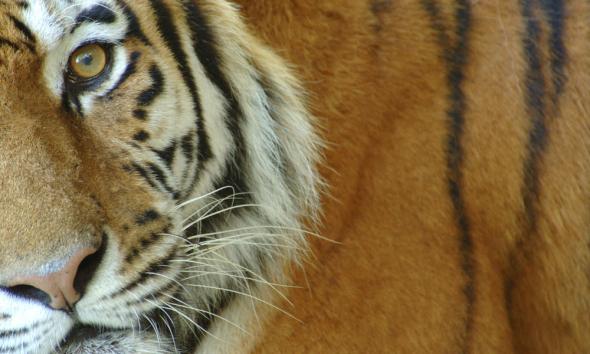
International trade in wildlife is regulated by the Cites convention. Exploitation of around 800 threatened species is largely banned, while both exporting and importing many others requires permits.
A forthcoming report from Traffic, the wildlife trade monitoring network, revealed how researchers in Canada received emails from dealers offering to export coral without required permits by pretending the specimens were glass.
IFAW, which has been working with Interpol, says organised wildlife criminals are becoming increasingly secretive online. The “deep web” has long been used by criminals in other spheres to evade law enforcement. Sites that are not accessible via search engines and which require software to access are used. Communications are bounced through large numbers of computers to maintain anonymity.
Online wildlife trade is seen as a high-profit, low-risk activity by some criminals. A lot is shifting from publicly accessible sites to dark corners of the web.
A report on the ivory trade in the EU published December 2012 by IFAW highlight’s the use of tools such as mailing list servers, password-protected sites and encryption. National and international laws to control the trade often pre-date the online trade, and the internet has made the jobs of those trying to enforce the law and protect wildlife even harder.
However some say the net can also be used against wildlife criminals. Those wanting to train can email us at [email protected]
The internet has made it easier for traders, but it has also helped us research and monitor their activities very closely no matter what technology they use they will not evade capture.
Part four and of “Understanding Poaching” will be in great detail moving away from the African poaching trade and demand and into the European demand and Asian poaching for profit.
External Affairs
International Animal Rescue Foundation
Should you know of anyone selling/illegally trading in animal parts that are strictly prohibited please don’t ignore it and REPORT it to us or law enforcement.
Environmental crimes can also be reported to IFAW/WWF/CITES/Interpol/TRAFFIC/ or your local sheriff/FBI department.
For more information on how you can help please email
Dr J C Dimetri Director
The bottom video is related to the I.A.P.F (part two is to show and describe how bad the illegal wildlife trade is in Vietnam of which you can view above in the links that have since been reported to law enforcement)


